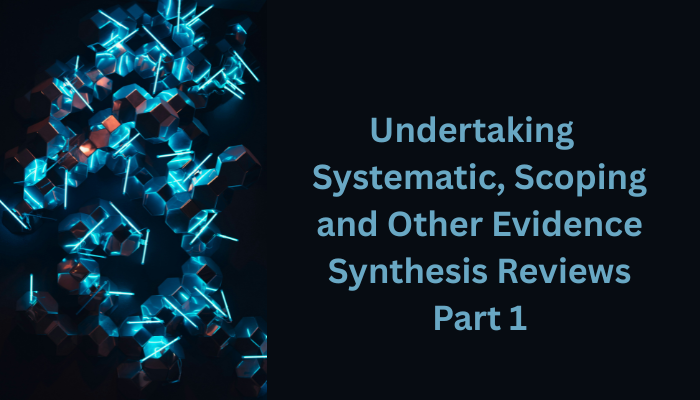
Titles and abstracts of records are screened against the pre-defined eligibility criteria. This process requires a team of at least two reviewers.
Further reading:
Priority Screening using AI
Title/abstract screening is a time-consuming process. When done manually, it can take dozens of hours per person.
Some review manager software platforms offer algorithm-assisted screening. This is called Priority screening, wherein machine learning algorithms learn from user behaviour to rank papers by relevance. The platform will then present the user with the most relevant papers first.
Further Reading
Priority screening in Covidence
When selecting "Sort by: Most Relevant" during screening, this feature begins identifying patterns in screening behaviour. Once the first 25 studies are screened, the algorithm begins automatically refreshing after each study screened, allowing the system to determine and display studies that are most likely to be included first. This reduces the number of records needing to be screened by up to 80%.
Read more.
Rayyan Prediction Classifier
After 50 screening decisions with a minimum of 5 included and excluded studies each, Rayyan's classifier begins identifying patterns based on screening behaviour. It calculates a confidence score for each unscreened title, providing a rating on whether the article should be included or excluded. Articles to be screened can be sorted by Most Relevant, Least Relevant, and Swap.
Read more.
PICO Portal utilises an AI-assisted priority screening algorithm, learning from the user's screening behaviours to prioritise and present the most relevant citations first.
DistillerSR uses machine learning algorithms to offer AI-powered screening to continually re-orders papers based on relevance, pushing the most relevant papers for review to the top.
 Navigate the maze of evidence synthesis including systematic reviews, scoping reviews, and more.
Navigate the maze of evidence synthesis including systematic reviews, scoping reviews, and more.
Part I provides a thorough breakdown of the early stages of an evidence synthesis review, from ideation through to the searching stage, including reporting standards, AI, and automation tools. Offered by NSLHD Libraries in conjunction with RNS ICU Research’s A/Prof Rosalind Elliott.
The content of the Overview class is assumed knowledge for this class.
Watch a recording of this class or see upcoming training in the NSLHD Libraries intranet calendar.